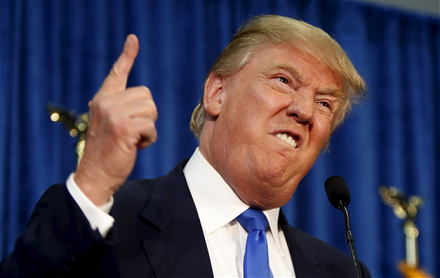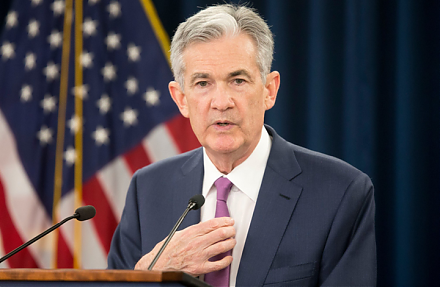

2018-07-27 10:35:00 Fri ET
technology antitrust competition bilateral trade free trade fair trade trade agreement trade surplus trade deficit multilateralism neoliberalism world trade organization regulation public utility current account compliance
Admitting China to the World Trade Organization (WTO) and other international activities seems ineffective in imparting economic freedom and democracy to the communist regime. China now marches toward global technological leadership and often challenges America both economically and militarily in what U.S. policy writer Michael Lind terms *Cold War II*. At one level, China seeks to be master its own technologies such as artificial-intelligence applications, robots, electric cars, biotech innovations, and semiconductor microchips. China thus aspires to achieve not only economic growth but also technological dominance.
With good intentions, the prior Carter and Clinton administrations might have been conducive to normalizing trade relations with China. These administrations might hold high hopes that China may embrace both economic freedom and democracy after WTO accession. These high hopes would then continue throughout the Bush and Obama administrations.
Nevertheless, China fails to fully comply with its WTO membership requirements with respect to trademark-and-patent protection and enforcement. In fact, China skillfully uses its WTO membership as blanket immunity from prosecution for its R&D-mercantilist policies. For instance, China sets unfair rules and regulations for U.S. multinational corporations to establish onshore data centers and IT innovation parks. These policies in turn transfer technologies from these corporations to their Chinese counterparts.
In the new millennium, America can no longer undertake unilateral actions against China without triggering WTO complaints. For better national economic security, it is legitimate for the Trump administration to impose on China hefty punitive tariffs and even quotas and embargoes in addition to foreign investment restrictions. This counterrevolutionary strategy better balances U.S. economic interests and so rolls back China's R&D-mercantilist agenda *Made in China 2025*.
If any of our AYA Analytica financial health memos (FHM), blog posts, ebooks, newsletters, and notifications etc, or any other form of online content curation, involves potential copyright concerns, please feel free to contact us at service@ayafintech.network so that we can remove relevant content in response to any such request within a reasonable time frame.
2016-11-08 00:00:00 Tuesday ET

Donald Trump defies the odds to become the new U.S. president. He wants to make America great again. He seeks to repeal Obamacare. He has zero tole
2019-08-31 14:39:00 Saturday ET

AYA Analytica finbuzz podcast channel on YouTube August 2019 In this podcast, we discuss several topical issues as of August 2019: (1) Warren B
2018-01-05 07:37:00 Friday ET

Warren Buffett cleverly points out that American children will not only be better off than their parents, but the former will also enjoy higher living stand
2018-06-08 13:35:00 Friday ET

The Federal Reserve delivers a second interest rate hike to 1.75%-2% and then expects subsequent rate increases in September and December 2018 to dampen inf
2017-08-25 13:36:00 Friday ET

The U.S. Treasury's June 2017 grand proposal for financial deregulation aims to remove several aspects of the Dodd-Frank Act 2010 such as annual macro s
2019-01-11 10:33:00 Friday ET

The Economist Intelligence Unit (EIU) continues to track major business risks in light of volatile stock markets, elections, and geopolitics. EIU monitors g